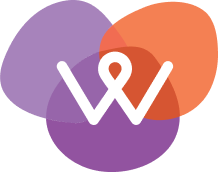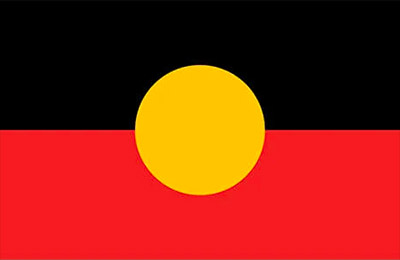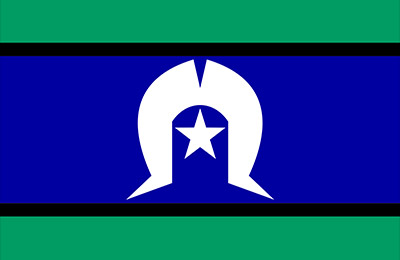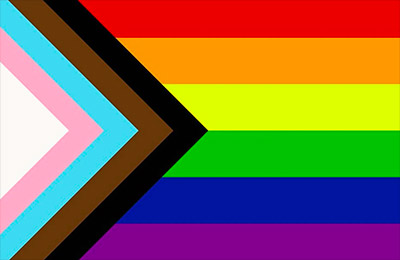The Centre for Women’s Safety and Wellbeing recognises Aboriginal people are the experts in regard to their community’s experiences and needs and have a significant amount of knowledge to contribute to the family and domestic violence, sexual violence and women’s community based health sectors. Colonisation, dispossession of land, spiritual and cultural abuse and the removal of children from their families has significantly impacted Aboriginal people, and CWSW acknowledge their strength and resilience. Family and domestic violence is not a part of Aboriginal culture, yet intergenerational grief and trauma has resulted in the over representation of Aboriginal women and their children as victim-survivors.
CWSW currently coordinates a number of Aboriginal engagement projects. CWSW is committed to working with Aboriginal stakeholders and will continue to foster and build new relationships. The CWSW Board is committed to progressing engagement and relationship building through its Aboriginal Engagement working group. Staff are committed to engaging in ongoing cultural competency professional and personal development, and Aboriginal women are strongly encouraged to join CWSW’s Lived Experience Advisory Group.
Information about our projects will be regularly shared in our e-newsletter, sector emails and social media.
For more information about any of our projects, the Lived Experience Advisory Group or to share your thoughts and feedback please contact 08 9420 7262 or info@cwsw.org.au.

CWSW in partnerhsip with Think Culture, have been developing non-fatal strangulation education resources through engagement with Aboriginal stakeholders.
The overall aim of the project is to learn from Aborignal people the most appropriate way/s (in what form and how) to disseminate messages about non-fatal strangulation to their communities in the Perth metropolitan area, and to create a framework to guide the future development and dissemination of culturally apprporiate non-fatal strangulation preventative and educational resources.
An Aborignal Reference Group was established as well as consultation with individual members.
CWSW look forward to sharing the outcomes of this project.

CWSW engaged and commissioned artwork from local Aboriginal artist Rosie Paine. Rosie Paine is a proud Yilka/Wongutha/Noongar/Yamatji woman from the North East Goldfields of Western Australia.
Rosie’s art has been used for the Support and Service’s Directory, the Annual Domestic Violence March, Website and within other CWSW publications.
Rosie’s images represent “the beauty, power and strength of women. It represents how we build on the strength of women that have come before us and pave our own paths forward. Each and every woman’s journey is uniquely her own yet we are supported, taught and loved by the women around us”.
CWSW are thankful to Rosie and look forward to engaging other artists and Aboriginal businesses in the future.

CWSW created and hosts a comprehensive, online, statewide Support and Services Directory.
Much consideration went into ensuring the directory is as culturally appropriate as possible. Focus groups were held with Aboriginal women and Aboriginal organisations and service providers were consulted.
CWSW engaged Aboriginal Interpreting WA, to feature in the directory introductory clip which is spoken in Kimberley Kriol, allowing the clip to be accessible for Aboriginal women within the Kimberley (and other) regions.

This project builds on a cross-sector exploratory project that identified a strategic path towards an integrated approach to address family and domestic violence in order to increase the safety of women and children.
The project and ‘Service Capability Review Tool’ will focus on organisational and sustainable workforce development across the family and domestic violence and alcohol and other drug sectors, including the review of systems, policies, processes, culture and staff capability to develop practices and facilitate improved service and community outcomes.
The project is currently engaging key stakeholders including the Aboriginal Health Council of Western Australia.

The Centre for Women’s Safety and Wellbeing acknowledges Aboriginal and Torres Strait Islander peoples as the Traditional Custodians and first peoples of Australia. We recognise the impacts of colonisation and dispossession and the contemporary disadvantage experienced by Aboriginal and Torres Strait Islander peoples. The Centre for Women’s Safety and Wellbeing is committed to working alongside Aboriginal and Torres Strait Islander women and men to end violence against their women and children in Western Australia.
The Centre for Women’s Safety and Wellbeing acknowledges the strength and resilience of adults, children and young people who have experienced family and domestic violence. We pay respects to those who did not survive and acknowledge the families, friends and communities who have lost loved ones to this preventable and widespread issue. We are committed to ensuring responses to family and domestic violence are informed by lived experience.
The Centre for Women’s Safety and Wellbeing recognises, welcomes and respects people of diverse gender, sex and sexuality. We are committed to greater inclusion of lesbian, gay, bisexual, transgender, intersex and queer people (LGBTIQ).



Use the quick exit button on the top right, or:
On a mac, press ⌘ and W together
On a windows, press Ctrl and W together
To remove all traces of you visiting this website, please clear your browser history.
To learn how to clear your browser history, please click here.